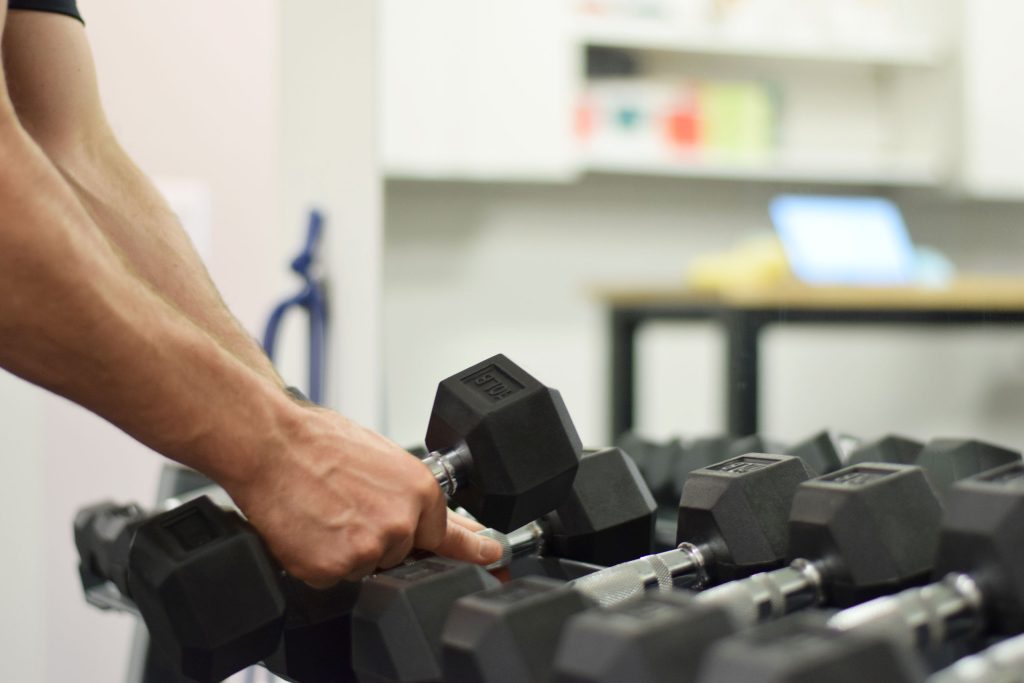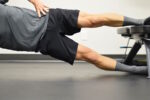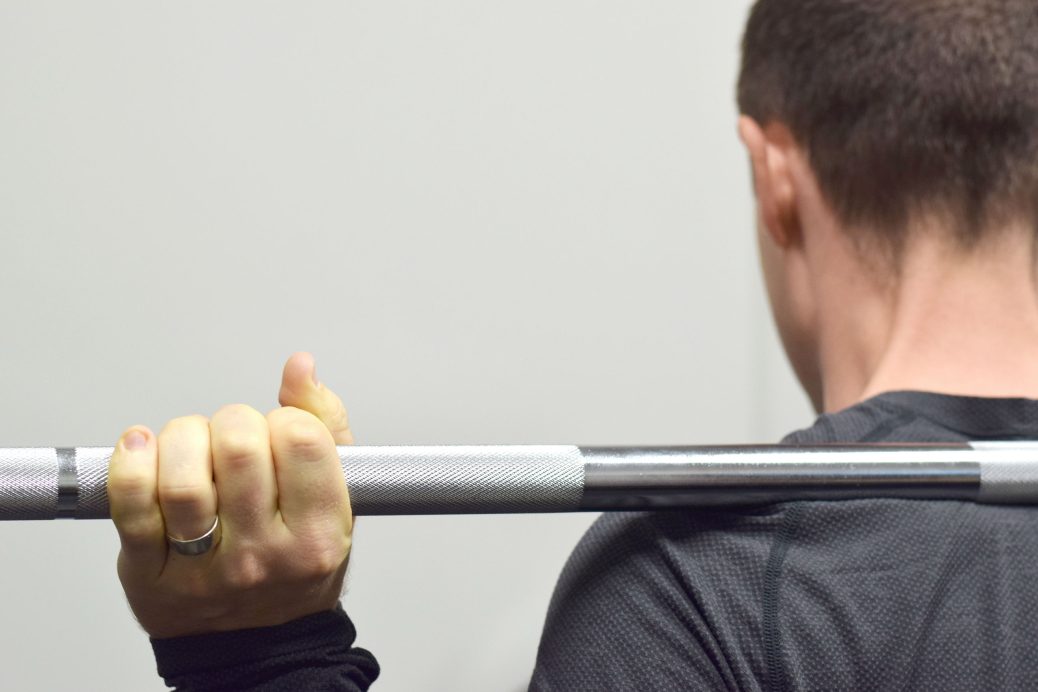Physiotherapy has long been associated with gentle exercises and – let’s be honest – sometimes very cautious approaches to rehabilitation. While these methods may have their merits, there’s a growing understanding in the field that challenging the status quo by incorporating heavy lifting into rehab programs can yield remarkable benefits. In this post, we’ll explore why it’s important to lift heavy in rehab, and why physical therapists traditionally underload patients.
 The Underloading Tradition in Physiotherapy
The Underloading Tradition in Physiotherapy
Historically, many physiotherapists have taken a conservative approach when it comes to rehab. This approach involves using light resistance or minimal weights during exercises, usually because it’s convenient and cost-effective for most patients. The primary reason for this, obviously, has been to prevent any potential harm or exacerbation of injuries. However, we may be doing more harm than good with this strategy – or in the very least, wasting our time!
Why Would we Lift Heavy?
- Strength and Muscle Gain: Lifting heavy weights stimulates muscle growth and improves overall strength. This is crucial for patients recovering from injuries because muscle weakness often accompanies injury or surgery. Increasing muscle mass can help protect joints, improve stability, and enhance functional performance.
- Bone Health: Resistance training, particularly with heavy weights, can increase bone density. This is especially important after a period of immobilization where bone density may have decreased, or in the presence of bone density disorders such as osteoporosis or osteopenia. Stronger bones are less prone to fractures and other complications.
- Functional Capacity: Heavy lifting should be a part of every athlete’s rehab program. However, even for non-athletes, heavy lifting replicates the real-life demands that we all face. Lifting groceries or getting out of a chair often requires more strength than what a yellow Theraband can provide. By incorporating heavier weights, physical therapy helps patients regain the ability to perform these tasks.
- Pain Management: Resistance training can have a positive impact on pain management. As muscles become stronger and more supportive, they can help reduce pain and discomfort, especially in cases of chronic conditions like lower back pain or arthritis.
- Mental Resilience: Heavy lifting in rehab can boost patients’ confidence and resilience. Accomplishing challenging exercises can provide a sense of achievement and motivation, which is crucial for maintaining a positive attitude throughout the rehabilitation process.
Guidelines for Incorporating Heavy Lifting
It’s important to note that heavy lifting in rehabilitation should be done under the guidance of a trained physical therapist. Here are some guidelines to consider:
- Individualization: Every patient’s needs and abilities are different. The weight and intensity of exercises should be tailored to each patient’s condition and progress.
- Progressive Overload: Patients should start with manageable weights and progressively increase resistance as their strength improves.
- Form: Your physiotherapist can assess your movement, and provide the cues you need to “move better”. These cues can make a remarkable difference in how much and how comfortably you lift.
Breaking away from the traditional underloading approach in physical therapy is a paradigm shift that can benefit patients in numerous ways. By incorporating heavy lifting into rehabilitation programs, patients can regain strength, improve their overall functional capacity, and experience a more fulfilling recovery journey.
Remember, the key is moderation, progression, and individualization to ensure that heavy lifting is safe and effective for each patient’s unique needs. Consult with us to determine how weight training can be effectively integrated into your rehabilitation plan. Happy lifting!



